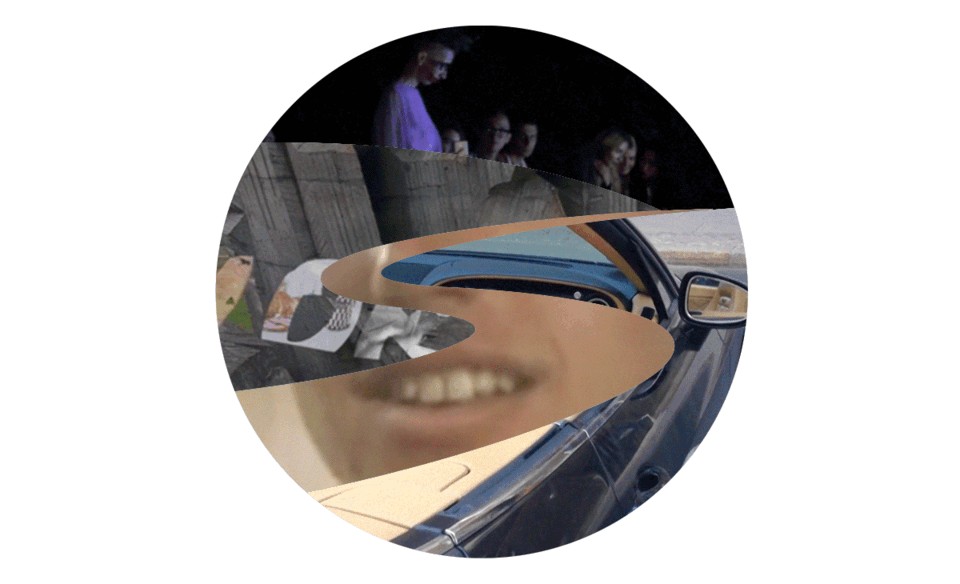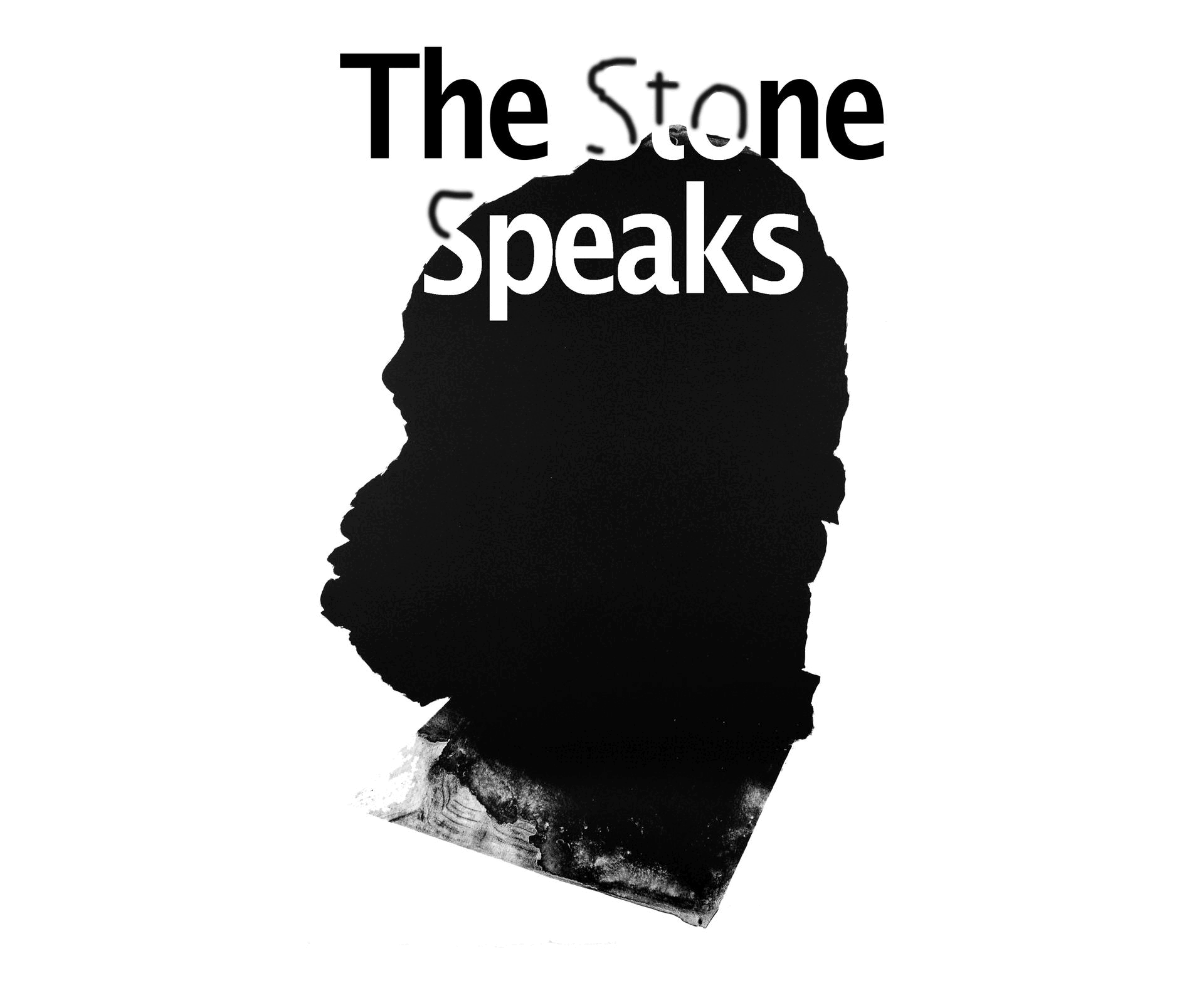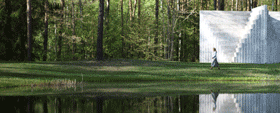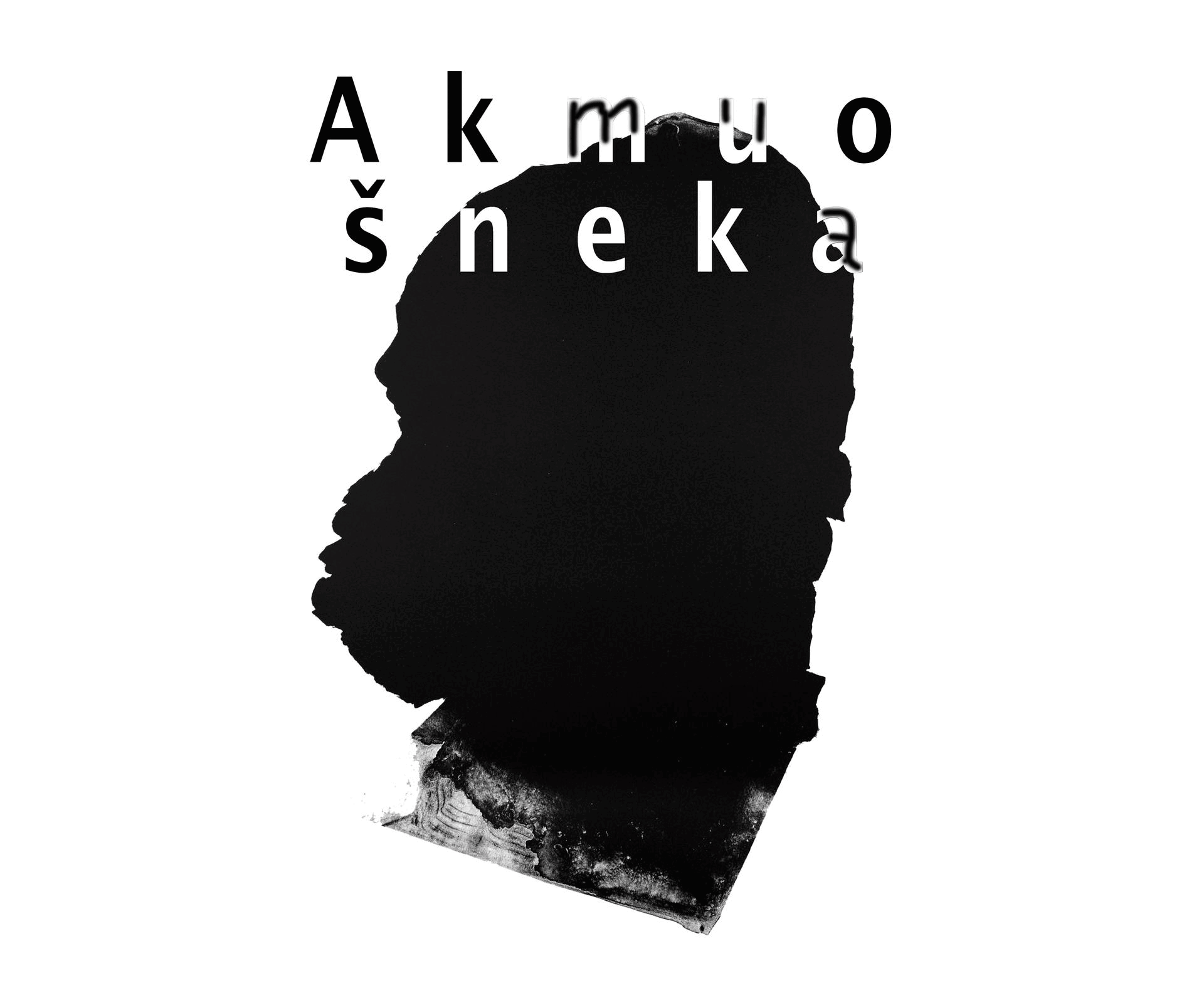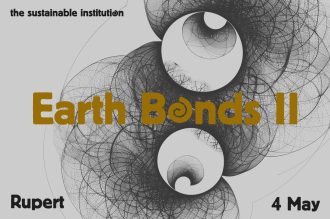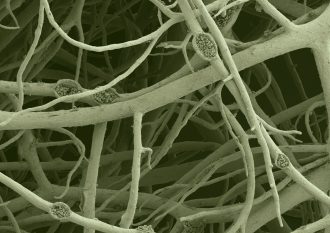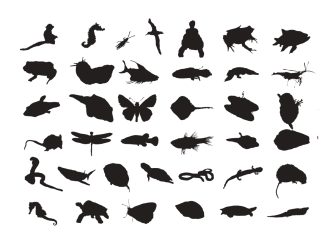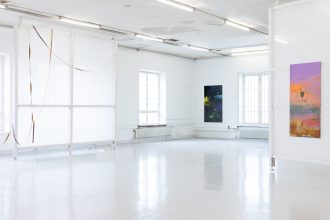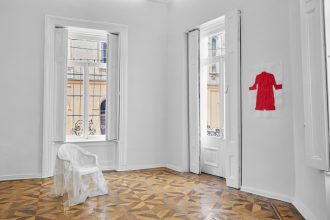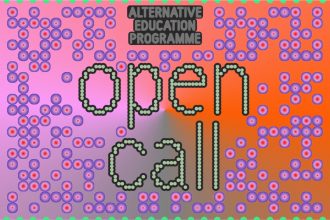The Second LCCA Summer School This Is Tomorrow! organised by the Latvian Centre for Contemporary Art will take place in art residency at Rucka manor, Cēsis, on June 6-11. For six days, young and emerging artists, art critics, curators and cultural project managers from the Baltic States will have the opportunity to take part in a multi-faceted educational programme, consisting of discussions, lectures and creative workshops. Lectures and discussions are public and free for all who are interested.
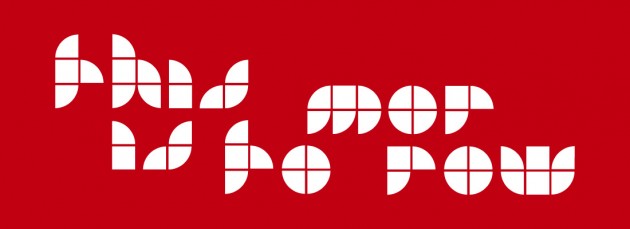
“But yesterday’s tomorrow is not today,” wrote British art critic and curator Lawrence Alloway in 1956, working on the exhibition This Is Tomorrow! in London, pointing to the necessity for closer symbiosis between art, architecture, design and the processes of everyday culture. Accordingly, the basis of the LCCA Summer School is formed by the desire to form closer inter-disciplinary collaboration between members of various fields of culture and the arts, to explore the today through the current experience and perspectives of culture theory, strategies of contemporary artists, conceptualisation of the perception of time through the ‘frames’ of memory and the archive, the intersections of postcolonial and postsocialist experience, interpretations of reality and science fiction, etc.
The Summer School will open on June 6 at 17:30 with a discussion, with the participation of director of Latvian Centre for Contemporary Art Solvita Krese, publicist and writer Kirill Kobrin, artist Julijonas Urbonas and art critic Valts Miķelsons. The discussion will foreground questions of the visions of today, tomorrow and the nearest future: what tomorrow are we shaping, how do our everyday choices affect the nearest future, what will be its values? What is the difference between today’s visions of an ideal world, or at least an alternative to the existing reality, and those of the past? Are these visions related only to imagination, or do they illuminate the factual structures of reality?
Several guest lecturers at the Summer School will turn to the subject of how and what projections of the future have been formed in the past, for example, how they have developed and affected the processes of culture during the Soviet period, whose rhetoric was oriented to the future. Among them, Estonian researcher Elnara Taidre will speak about the ideas of the legendary Estonian artist Tõnis Vint, which have also influenced the research of the ornaments of the Lielvārde belt. In the 1970-80s, Vint’s aesthetic universalism proposed a new aesthetico-philosophical system, which at the same time was a strategy of resistance to the Soviet regime using its official channels.
Physicist Aigars Atvars will look at a methodology of forecasting the future using a scientific approach in the Soviet Union in the 1950-80s; the methodology was based on the idea that systems develop according to specific principles, striving for ideality, and they are stopped by an encounter with a contradiction. Meanwhile one of presently most notable Lithuanian artists of the younger generation Julijonas Urbonas will talk about the set of self-created methods, models and approaches in his creative work that involves aspects of philosophy, engineering, speculative design, science fiction and futurology. The relationships of the future, the present, history, scientific research, documentalism, fiction, imagination and utopia in their works will be reflected upon by Ivars Drulle, Rasa Šmite and Raitis Šmits, AgnėBagdžiūnaitė, as well as Finnish artist Tellervo Kalleinen, who earned broad international recognition with her project Complaints Choir, which was also realised in Latvia several years ago. Talking about his creative work, sound and spatial compositions, Voldemārs Johansons will turn to the perspective of subjectivity and human perception. The approach of mind-specific art, or creation of artworks as thought experiments, which is used ever more often in the art of the 21st century, will be discussed by Lithuanian curator Dovilė Tumpytė. The changes or even the denial of the idea of the future in contemporary western and Post-Soviet art world will be analysed by the well-known Russian publicist and writer Kirill Kobrin. Anthropologist Lauren Monsein Rhodes will present the comparative view on the problem of postsocialism and postcolonialism and issues of memory in contemporary art practice. Meanwhile, in her guest lecture art scholar Laine Kristberga will analyse the questions of preservation of memory and history through Jacques Derrida’s concept of ‘archival desire’.
The discussion and programme of lectures is public, all who are interested can also visit separate lectures and presentations by following the programme.
Activities of the Summer School will take place in English.
On June 10 at 21:00 in Rucka manor all are invited to the disco-lecture Kosmoss, dedicated to Hardijs Lediņš, the pioneer of the genre of the disco in Latvia. Artist Leonards Laganovskis will speak about the background of the discos Kosmoss, music journalist and DJ Uldis Rudaks will play the disco hits popular in the 1980s in Riga.
The event is part of the project Non-visible Everyday Solution Trajectories, co-funded by the Creative Europe programme of the European Union. Supported by the State Culture Capital Foundation.
Summer School This Is Tomorrow! is organised within the LCCA education programme, which is based on the exploration of current contemporary art processes in the form of lectures, workshops and other discoursive events with the aim of strengthening the development of informal education, critical thinking and discussion in the Latvian art scene. One of the most visible activities of the programme is the series of reading workshops, LCCA Evening School, which turns to questions of contemporary art through the experience of reading texts by important theoreticians.

